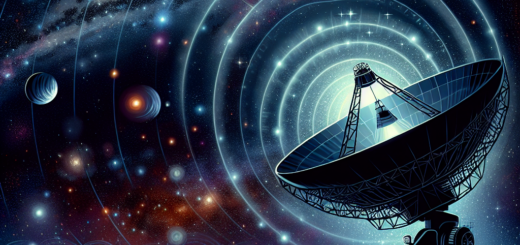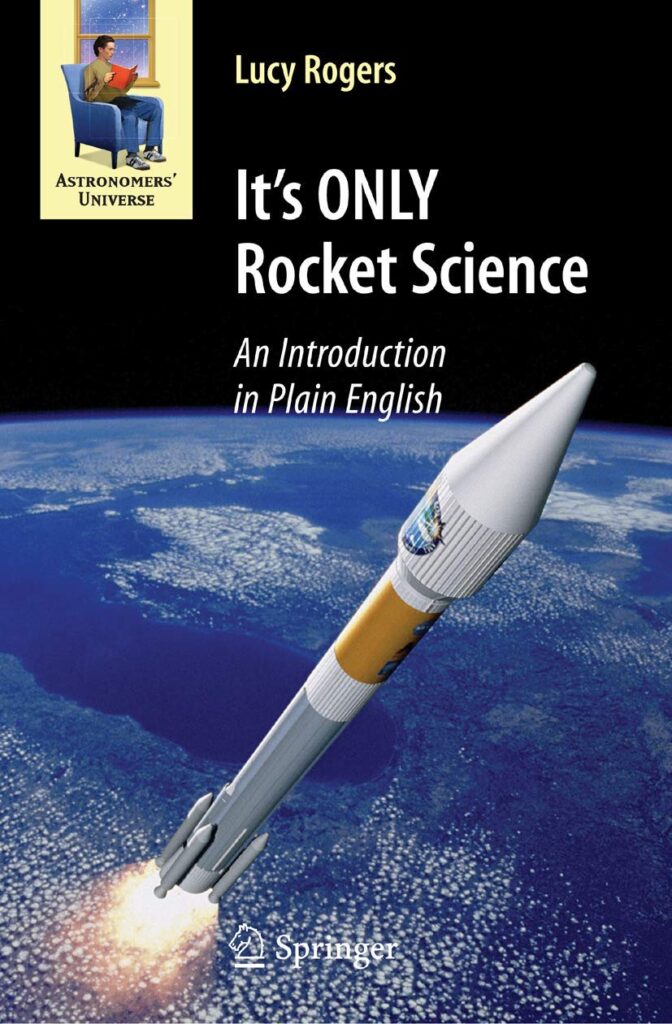The Next Frontier: Astrophysics Researchers Push the Boundaries of Space Exploration
Astrophysics researchers are constantly pushing the boundaries of space exploration, seeking to unlock the mysteries of the universe and expand our understanding of the cosmos. From studying the origins of the universe to investigating the nature of black holes, these scientists are at the forefront of exploring the vast reaches of outer space.
One of the most exciting areas of research in astrophysics is the study of exoplanets, or planets that orbit stars outside of our solar system. With the discovery of thousands of exoplanets in recent years, researchers are now able to study a wide range of planetary systems and explore the potential for habitable worlds beyond our own. By analyzing the atmospheres of these exoplanets, scientists can gather valuable insights into the conditions necessary for life to exist elsewhere in the universe.
Another key area of research in astrophysics is the study of dark matter and dark energy, two mysterious substances that make up the majority of the universe’s mass and energy. While these substances cannot be directly observed, researchers are using a variety of tools and techniques to study their effects on the universe and understand their role in shaping the cosmos.
Astrophysics researchers are also studying the nature of black holes, the enigmatic objects that are formed when massive stars collapse under their own gravity. By observing the behavior of matter and light as it falls into black holes, scientists can gain a better understanding of the extreme conditions that exist near these cosmic phenomena. This research has the potential to revolutionize our understanding of gravity and the fundamental laws of physics.
In addition to these areas of research, astrophysics researchers are also exploring the origins of the universe, studying the cosmic microwave background radiation left over from the Big Bang. By analyzing this ancient light, scientists can piece together the history of the universe and gain insights into its evolution over billions of years.
As astrophysics researchers continue to push the boundaries of space exploration, they are opening up new frontiers of knowledge and expanding our understanding of the universe. By studying exoplanets, dark matter, black holes, and the origins of the universe, these scientists are shedding light on some of the most profound questions in astronomy and pushing the limits of human knowledge. With each new discovery, astrophysics researchers are bringing us closer to unlocking the secrets of the cosmos and unraveling the mysteries of the universe.













